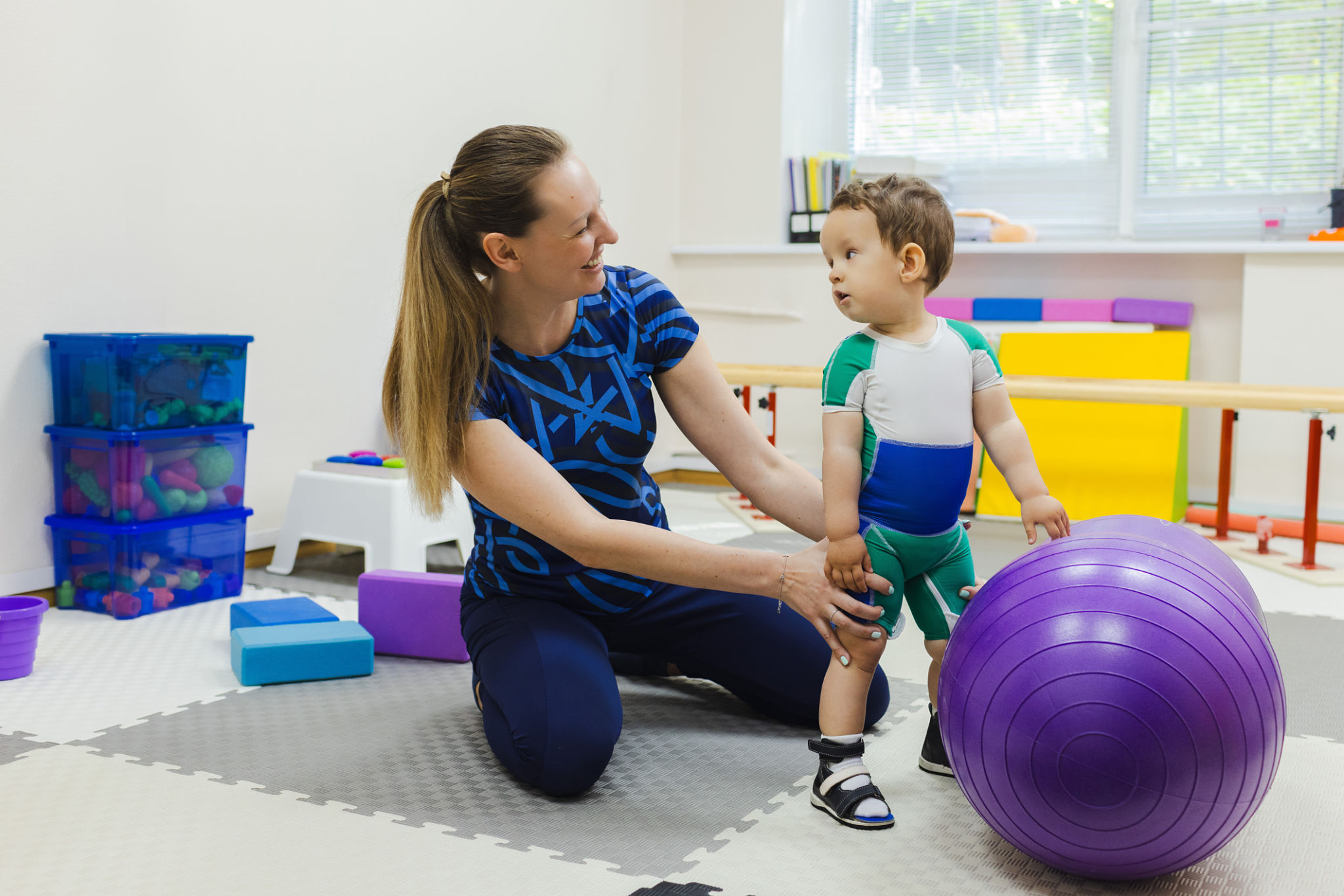Integrating Therapeutic Childcare into Trauma-Informed Practices
Understanding Therapeutic Childcare
Therapeutic childcare is an approach that focuses on the emotional and developmental needs of children, especially those who have experienced trauma. It is grounded in the understanding that children who have faced adverse experiences require specialized care to heal and thrive. This form of childcare integrates therapeutic techniques into everyday interactions, creating a supportive and nurturing environment.
Children who have experienced trauma often exhibit behaviors that can be challenging for traditional childcare settings. These behaviors are frequently rooted in their past experiences and require a compassionate, patient approach that therapeutic childcare provides. By incorporating therapeutic methods, caregivers can help children develop resilience, build trust, and foster emotional healing.

The Role of Trauma-Informed Practices
Trauma-informed practices involve recognizing the widespread impact of trauma and understanding potential paths for recovery. These practices emphasize creating environments where children feel safe and supported. They involve training staff to be empathetic, responsive, and aware of the signs of trauma.
A trauma-informed approach requires a shift in perspective from asking "What's wrong with you?" to "What happened to you?" This change in viewpoint helps caregivers address the root causes of a child's behavior rather than just the symptoms. It involves understanding the child's history and experiences and using that knowledge to guide care and support.

Integrating Therapeutic Childcare into Trauma-Informed Practices
Integrating therapeutic childcare into trauma-informed practices involves a holistic approach that combines therapeutic techniques with a deep understanding of trauma's impact. This integration ensures that every aspect of a child's care is informed by their unique needs and experiences.
To effectively integrate these approaches, consider the following steps:
- Training and Education: Provide comprehensive training for staff to understand trauma and its effects on children.
- Creating Safe Spaces: Design environments that are physically and emotionally safe for children.
- Building Trusting Relationships: Encourage strong, supportive relationships between caregivers and children.
- Consistent Routines: Establish predictable routines to provide stability and security.
Benefits of Integration
The integration of therapeutic childcare into trauma-informed practices offers numerous benefits. Children receive care that not only addresses their immediate needs but also supports their long-term healing and development. By focusing on both therapeutic methods and trauma awareness, caregivers can more effectively support children in overcoming their challenges.

Challenges and Considerations
While the integration of therapeutic childcare into trauma-informed practices is beneficial, it does come with challenges. It requires ongoing effort, training, and resources. Additionally, caregivers must be prepared to address their own emotional responses to working with traumatized children.
Successful integration depends on the commitment of the entire organization to prioritize trauma-informed care. This commitment involves continuous education, reflective practice, and an openness to adapt strategies as needed.
The Future of Therapeutic Childcare
As awareness of trauma's impact on children grows, the demand for integrating therapeutic childcare into trauma-informed practices continues to rise. This integration represents a forward-thinking approach that prioritizes the well-being of children and supports their ability to heal and flourish. By embracing these practices, caregivers can make a lasting difference in the lives of children who need it most.
